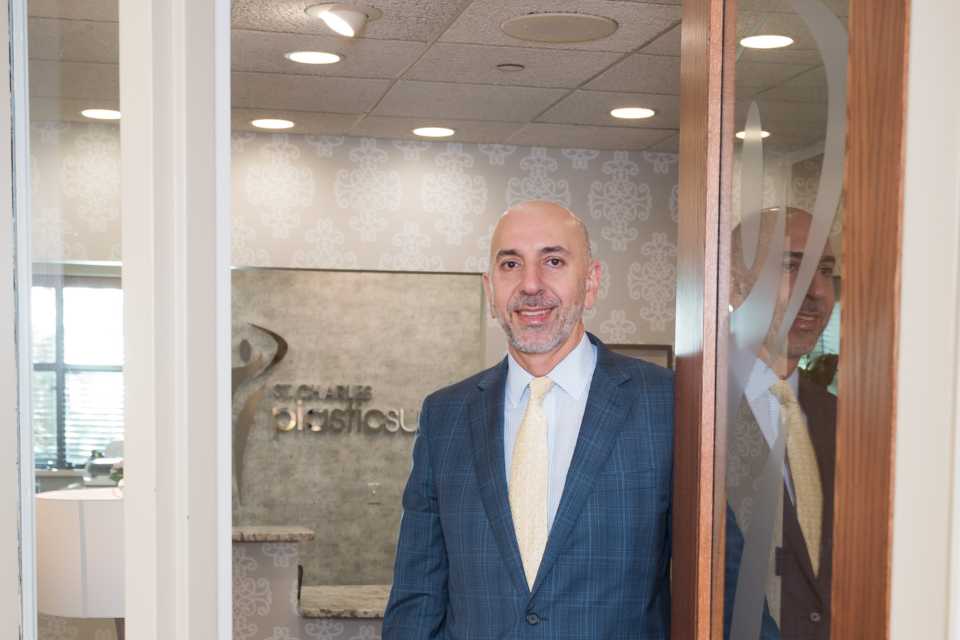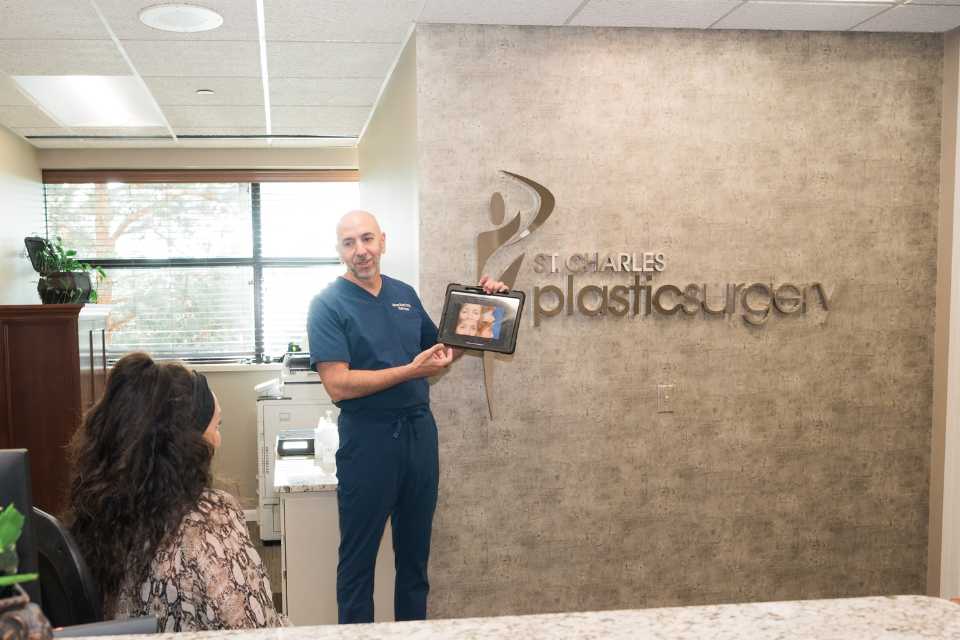We’ve answered a lot of questions about plastic surgery over the years. We take your questions and concerns seriously and help you to understand the process and alleviate any apprehensions, and we always take the time to listen to you one-on-one.
Some of our patients ask the similar questions, and understandably so. Here’s an overview of our 5 most frequently asked questions about plastic surgery:
Is plastic surgery safe?
As with any surgery, plastic surgery has risks involved. However, each year thousands of people undergo plastic surgery for a wide variety of reasons and procedures without complications, and the risks are generally low. Dr. Ghaderi reviews each patient’s medical history and current health status, as well as the reasons for undergoing plastic surgery, to not only determine how and if you should have a procedure but also to keep you informed of all the steps of the surgery. Following his advice and instructions carefully will minimize the risks involved.
Will my insurance cover the procedure?
This is a common question and not one that can be answered with a straight yes or no. Coverage depends on the policy you have as well as the type of surgery procedure. Cosmetic surgeries generally are not covered by insurance, while reconstructive usually is. We will work with you to determine your exact coverage and cost so that there are no surprises before committing to the procedure.
How long is the recovery process?
Recovery varies based on the procedure, but typically shouldn’t be more than 10 days. Breast augmentation takes 2-3 days while a tummy tuck may take 7-10 days to feel like you’re “back to normal.” More comprehensive surgeries will take somewhat longer. Each procedure is discussed in detail with the patient, including what his or her recovery time is expected to be.
Do liposuction results last?
Liposuction results are long lasting, as long as the patient maintains exercise and a sensible diet. Because liposuction removes fat cells from an area, fat no longer stores in that area. Any fat gain therefore may be distributed through other areas of the body, which is why liposuction is not a weight loss program. What it does do is remove fat cells, and tighten and tone the area in question.
How do I know if plastic surgery is right for me?
If you’re considering plastic surgery, there are a few ways to determine if it’s right for you. First, be sure to manage your expectations and inform yourself of the expected results and the recovery process. Candidates for plastic surgery should also be in relatively good health in order to undergo surgery.
For a more comprehensive list of our frequently asked questions including breast surgery questions, facial surgery, and plastic surgery for men, be sure to visit our FAQ page.




